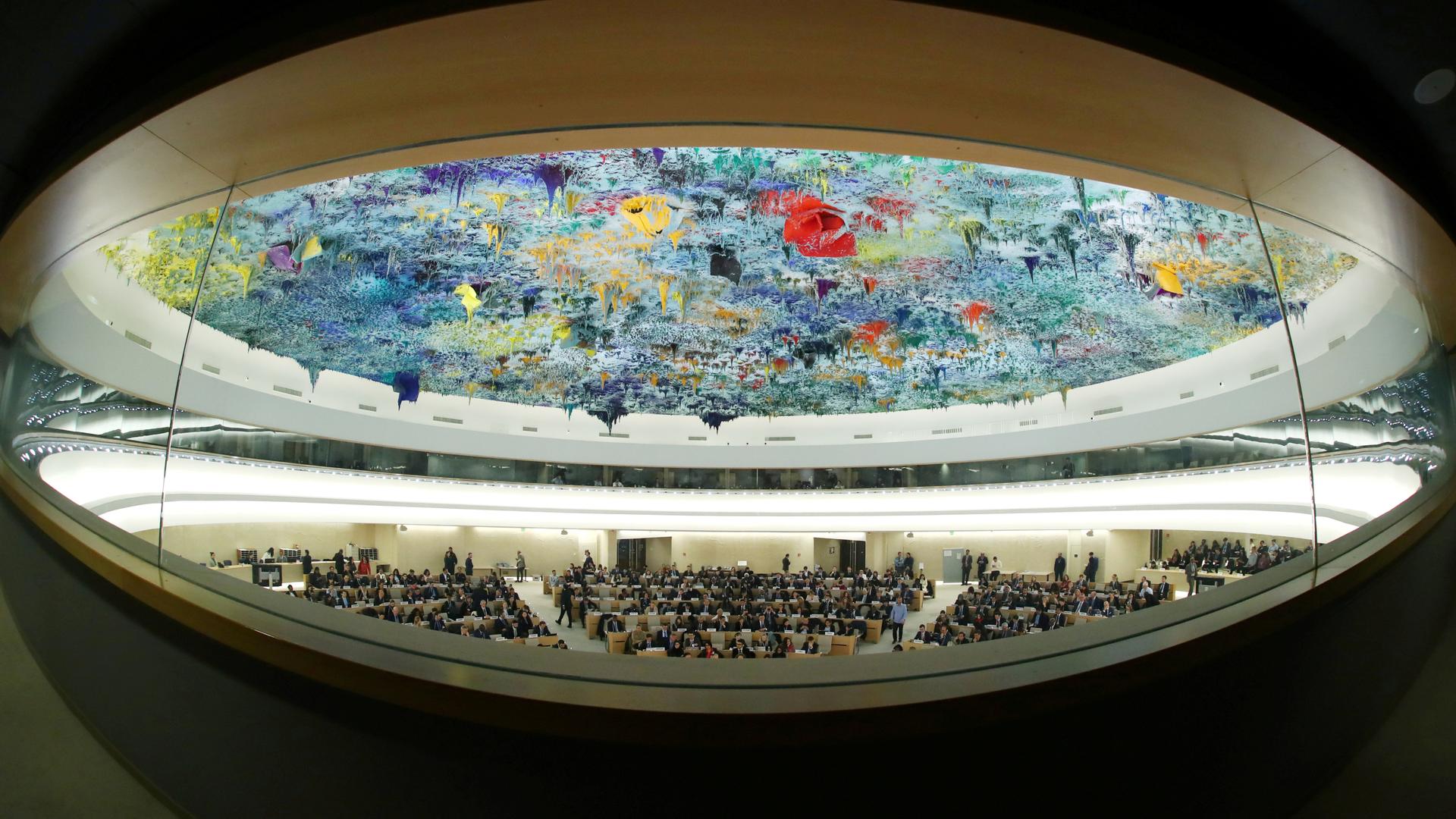China and Russia have been elected to the United Nations Human Rights Council, while Saudi Arabia failed in its bid to win a seat on the Geneva-based body.
The 193-member UN General Assembly also elected Ivory Coast, Gabon, Malawi, Cuba, Bolivia, Uzbekistan, France and Britain to the 47-member council. Senegal, Nepal, Pakistan, Ukraine and Mexico were re-elected for a second three-year term. Council members cannot serve more than two consecutive terms.
Candidates are elected by secret ballot in geographical groups to ensure even representation. The Asia-Pacific group, which included Saudi Arabia, was the only competitive race on Tuesday with five candidates vying for four seats. The new members will begin their term on January 1, 2021.
“Saudi Arabia’s failure to win a seat on the Human Rights Council is a welcome reminder of the need for more competition in UN elections. Had there been additional candidates, China, Cuba and Russia might have lost too,” said Human Rights Watch UN director Louis Charbonneau.
READ MORE: China, Russia and Saudi Arabia set to join UN Human Rights Council
Saudi Arabia received 152 votes when it was last elected in 2016 to be a council member from 2017 to 2019, but on Tuesday only 90 states voted for Riyadh – a 40 percent drop.
While China was elected on Tuesday with 139 votes, its support fell more than 20 percent compared to the last time it won a seat in 2016.
Both countries have been criticised internationally for their human rights records. Most recently China has been condemned by Western countries for its treatment of Uighur Muslims in the country’s Xinjiang region and the handling of anti-Beijing protests in Hong Kong.
US President Donald Trump’s administration quit the Human Rights Council in 201 – half way through its term – over what it called chronic bias against Israel and a lack of reform.
READ MORE: UN rights body to debate ‘systemic’ US racism at African nations’ plea
Russia was elected on Tuesday four years after it was surprisingly ousted after one term, losing by two votes. Former US Ambassador Samantha Power, under President Barack Obama, revealed last year in her memoir that she had been directed by Washington to vote for Russia in the secret ballot, but did not.
“Too much had happened since I arrived at the UN not to vote my conscience,” Power wrote, referring to Russia’s backing of the Syrian regime leader Bashar al Assad, annexation of Crimea and support for separatists in eastern Ukraine.
READ MORE: Does France deserve to have a seat on the Human Rights Council?










Discussion about this post